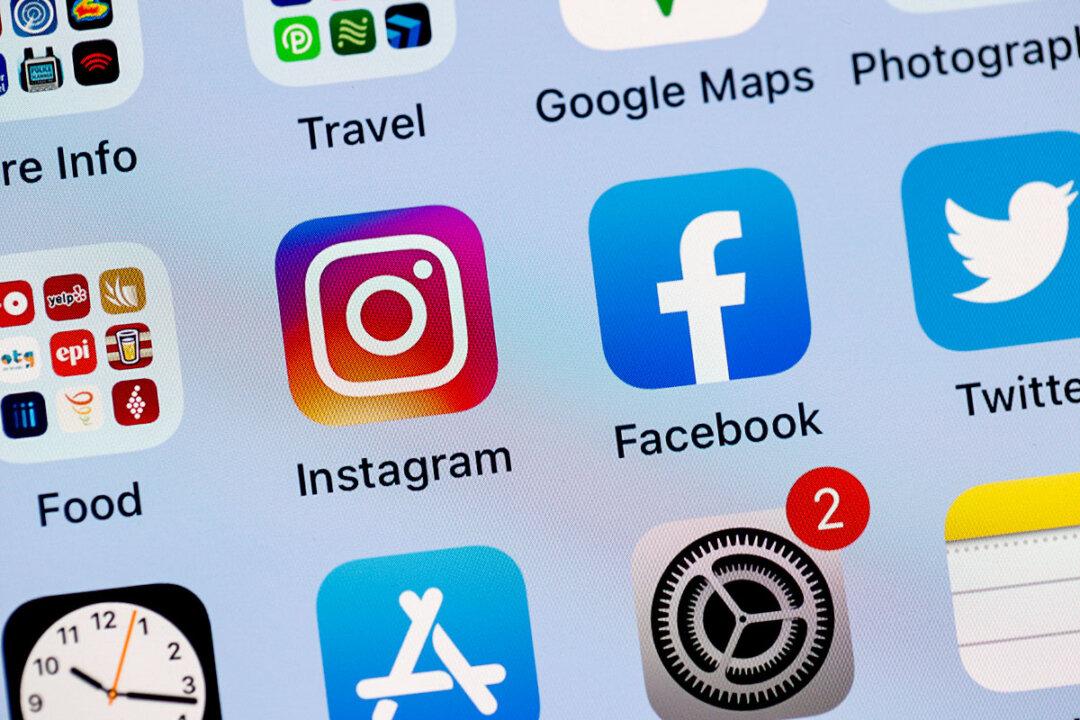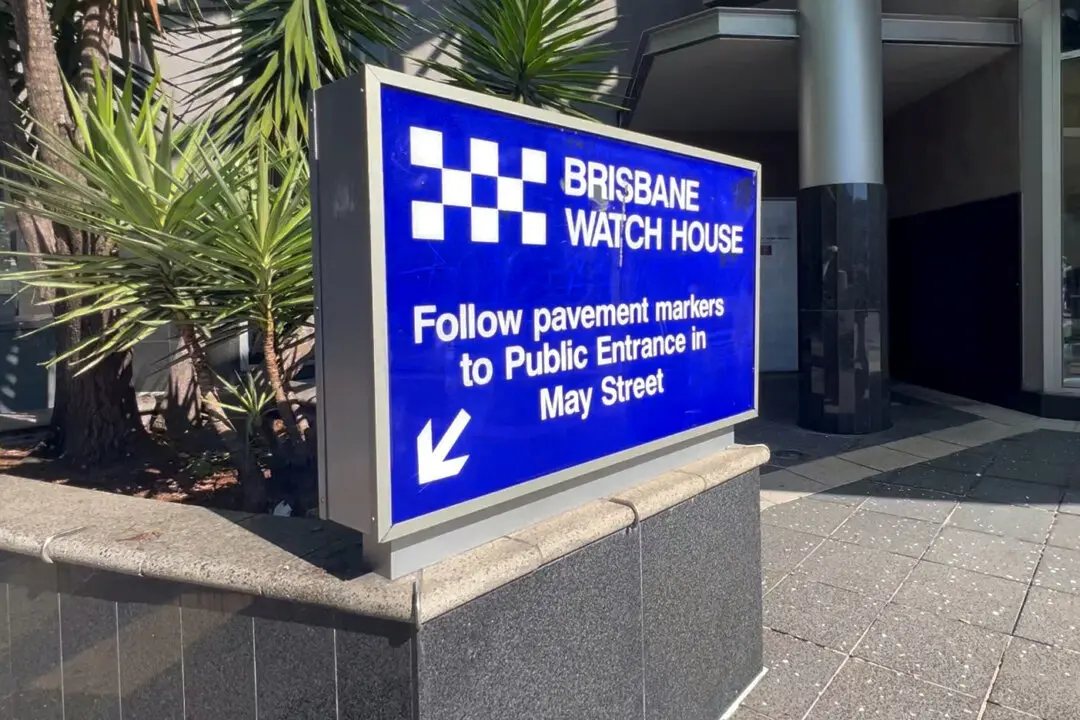Social media giants will soon be hit with new rules forcing them to either strike deals with media outlets to pay for content, or pay a set “charge” on their revenue.
This charge, or the News Bargaining Incentive, is the latest addition to an existing industry code legislated in 2021 that was supposed to push Big Tech companies to enter into payment deals with major outlets in Australia.





